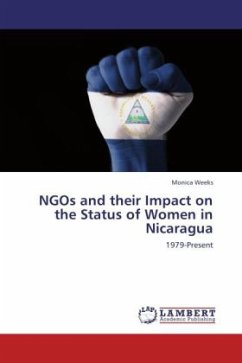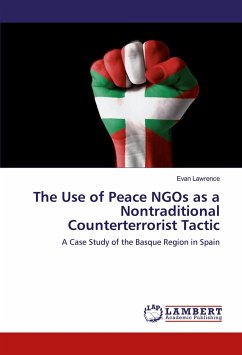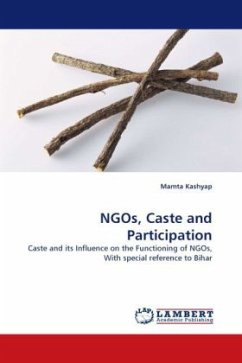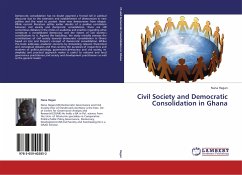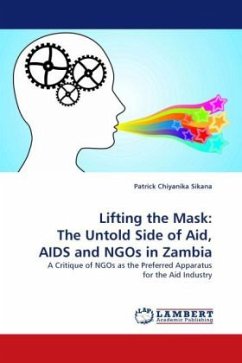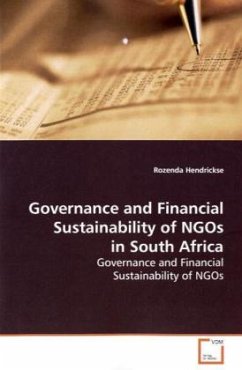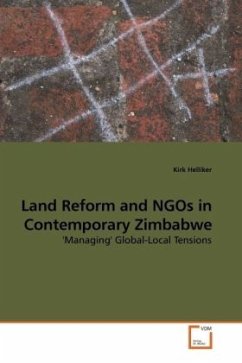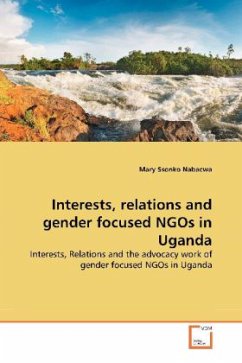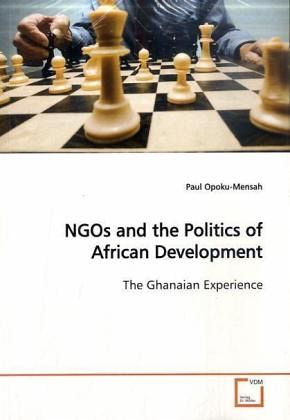
NGOs and the Politics of African Development
The Ghanaian Experience
Versandkostenfrei!
Versandfertig in 6-10 Tagen
52,99 €
inkl. MwSt.

PAYBACK Punkte
26 °P sammeln!
At the height of the NGO Decade in African Development, assertions were made that NGOs were spearheading a fundamental realignment of power relations in Africa. Yet two decades after these assertions, very little empirical analyses exist on how NGOs have restructured African development politics. This is due to an NGO research tradition that has neglected relational and power issues. This book fills this gap by an analysis of NGO-Government relations in Ghana. It documents a significant shift in power with NGOs becoming important actors in hitherto state-dominated processes. Yet this is far fr...
At the height of the NGO Decade in African
Development, assertions were made that
NGOs were spearheading a fundamental realignment of
power relations in Africa. Yet two decades after
these assertions, very little empirical analyses
exist on how NGOs have restructured African
development politics. This is due to an NGO
research tradition that has neglected relational and
power issues. This book fills this gap by an
analysis of NGO-Government relations in Ghana. It
documents a significant shift in power with NGOs
becoming important actors in hitherto state-
dominated processes. Yet this is far
from an indigenous process of change as it is
heavily influenced and micromanaged by the aid
system. This raises important questions about the
assumption that changes in African politics is
essentially domestic driven and influenced by
African regime types. The study concludes with a
call to reshape the NGO-Government nexus in ways
that embeds it in the African context and realities,
legitimises the role of African States to control
Africa s development, and at the same time
guarantees the viability of NGOs as autonomous
development actors.
Development, assertions were made that
NGOs were spearheading a fundamental realignment of
power relations in Africa. Yet two decades after
these assertions, very little empirical analyses
exist on how NGOs have restructured African
development politics. This is due to an NGO
research tradition that has neglected relational and
power issues. This book fills this gap by an
analysis of NGO-Government relations in Ghana. It
documents a significant shift in power with NGOs
becoming important actors in hitherto state-
dominated processes. Yet this is far
from an indigenous process of change as it is
heavily influenced and micromanaged by the aid
system. This raises important questions about the
assumption that changes in African politics is
essentially domestic driven and influenced by
African regime types. The study concludes with a
call to reshape the NGO-Government nexus in ways
that embeds it in the African context and realities,
legitimises the role of African States to control
Africa s development, and at the same time
guarantees the viability of NGOs as autonomous
development actors.




